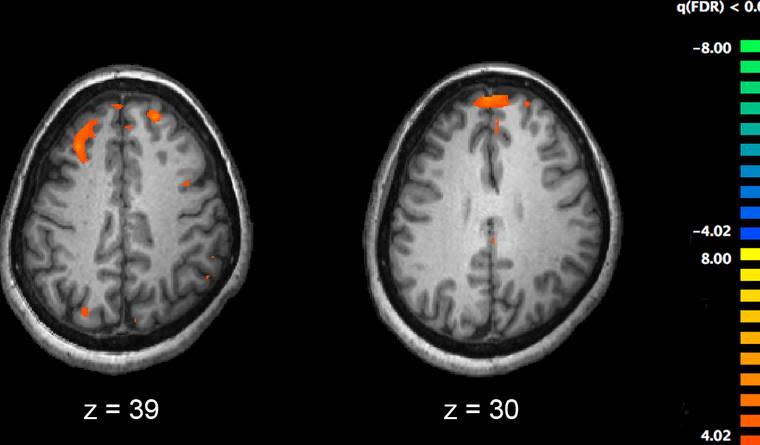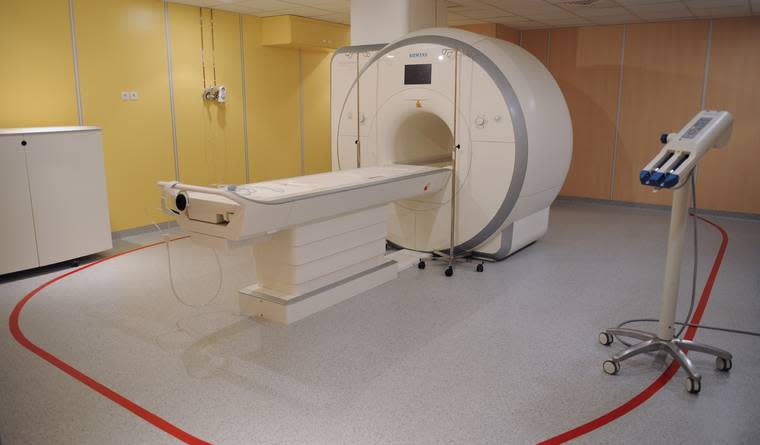Science May Have Moved Much Closer to Curing Schizophrenia
An estimated 3.5 million people in the United States have been diagnosed with schizophrenia, a neurological disorder characterized by the inability to distinguish what's real from what's not. Those with schizophrenia tend to experience hallucinations, delusions and disorganized thought and speech patterns, and while science has traditionally thought it to be incurable, a new study suggests that the solution might lie with the patients themselves.
Looking at a group of 98 "clinically stable" adults living with schizophrenia and 83 people living without, researchers determined that the human brain may be able to repair the damage done by the mental illness, potentially reversing it.

"Even the state-of-art frontline treatments aim merely for a reduction rather than a reversal of the cognitive and functional deficits caused by the illness," said Dr. Lena Palaniyappan, Medical Director at the Prevention & Early Intervention Program for Psychoses at London Science Centre and one of the doctors involved in the study.
Palaniyappan and her team members used Magnetic Resonance Imaging (MRI) to map both groups' brains. According to Tech Times, schizophrenia is usually marked by diminished gray matter, but the researchers found that certain areas of the schizophrenic patients' brains increased in volume. The people who'd had the condition longest seemed most able to replenish their gray matter, indicating that future schizophrenia treatment may be able to focus more on curing the disorder than on managing his symptoms, as has been the case.

"Our results highlight that despite the severity of tissue damage, the brain of a patient with schizophrenia is constantly attempting to reorganize itself, possibly to rescue itself or limit the damage," Palaniyappan continued. If science can determine how, why and when the brain makes these self-rescuing efforts, it may also, eventually, be able to cure schizophrenia.


